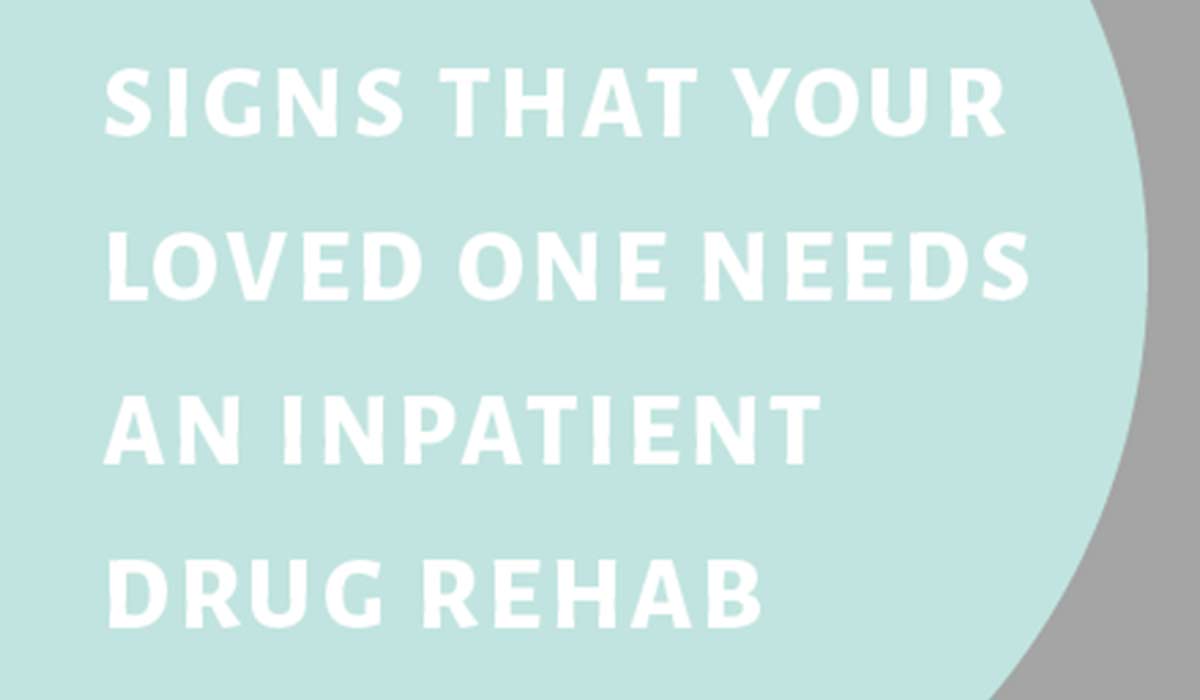Addressing Triggers And Temptations Adhering To Drug Rehab
Addressing Triggers And Temptations Adhering To Drug Rehab
Blog Article
Web Content Create By-Jernigan Stilling
You've completed Drug rehab and taken a significant step towards a much healthier way of living. But now, facing triggers and desires post-rehab can be a difficult journey. Just how do you navigate with these minutes without compromising your progress? Comprehending the approaches to handle triggers and desires is essential in preserving your sobriety. Let's explore effective ways to manage these challenges and safeguard your newly found commitment to living a drug-free life.
Identifying Triggers and Food Cravings
To properly handle your triggers and desires, begin by identifying the situations or emotions that lead to your wish to use. Take a moment to reflect on what situations or feelings prompt your yearnings. Is it anxiety, monotony, social situations, or particular places? By identifying these triggers, you can much better prepare yourself to manage them.
Triggers can be both internal, such as unfavorable feelings or physical pain, and exterior, like being around individuals who utilize substances or seeing a certain area.
Take note of patterns in your yearnings-- are they a lot more frequent at certain times of the day or in action to specific events?
Building Healthy Coping Methods
Identifying your triggers and yearnings is the initial step towards structure healthy coping techniques to handle them efficiently. As soon as you recognize what circumstances, feelings, or individuals cause your food cravings, you can start establishing a plan to address them.
Read the Full Report is to change negative habits with positive ones. For example, if tension sets off food cravings, practicing relaxation methods such as deep breathing or meditation can assist. Participating in physical activities such as exercise or going with a walk can also be a wonderful method to manage food cravings.
One more crucial aspect of structure healthy and balanced coping strategies is to create a helpful setting. Border on your own with individuals that recognize your journey and can offer support and responsibility. It's important to develop borders with people who may not support your healing.
Furthermore, developing a routine that includes healthy practices like routine exercise, correct nourishment, and enough sleep can assist you remain on track and decrease the chance of experiencing triggers and food cravings.
Looking For Support and Accountability
Creating a network of supportive individuals that can give encouragement and hold you liable is important in managing triggers and cravings successfully. Seek out buddies, family members, or a support group that recognize your trip and can provide guidance when you deal with difficult situations.
Having somebody to talk to during minutes of temptation can make a considerable difference in remaining on track with your recovery. Accountability companions can aid you stay concentrated on your objectives and remind you of the reasons why you selected to look for assistance to begin with.
They can also assist in creating a structured strategy to deal with triggers and yearnings, such as creating different tasks or coping mechanisms to change the urge to use drugs. Routine check-ins with your support system can provide peace of mind and inspiration, assisting you really feel much less separated in your recuperation trip.
Final thought
Remember, recognizing and dealing with triggers and yearnings after Drug rehab is a key component of preserving soberness.
By identifying your triggers, building healthy coping strategies, and seeking support from enjoyed ones or support groups, you can navigate through tough moments and stay concentrated on your soberness goals.
Remember, you aren't alone in this trip, and with the right devices and support, you can conquer lures and live a meeting, drug-free life.
Keep https://tribtown.com/2022/07/09/a-second-chance-at-life-seymour-man-earns-reward-from-pizza-chain/ and maintain moving forward.
